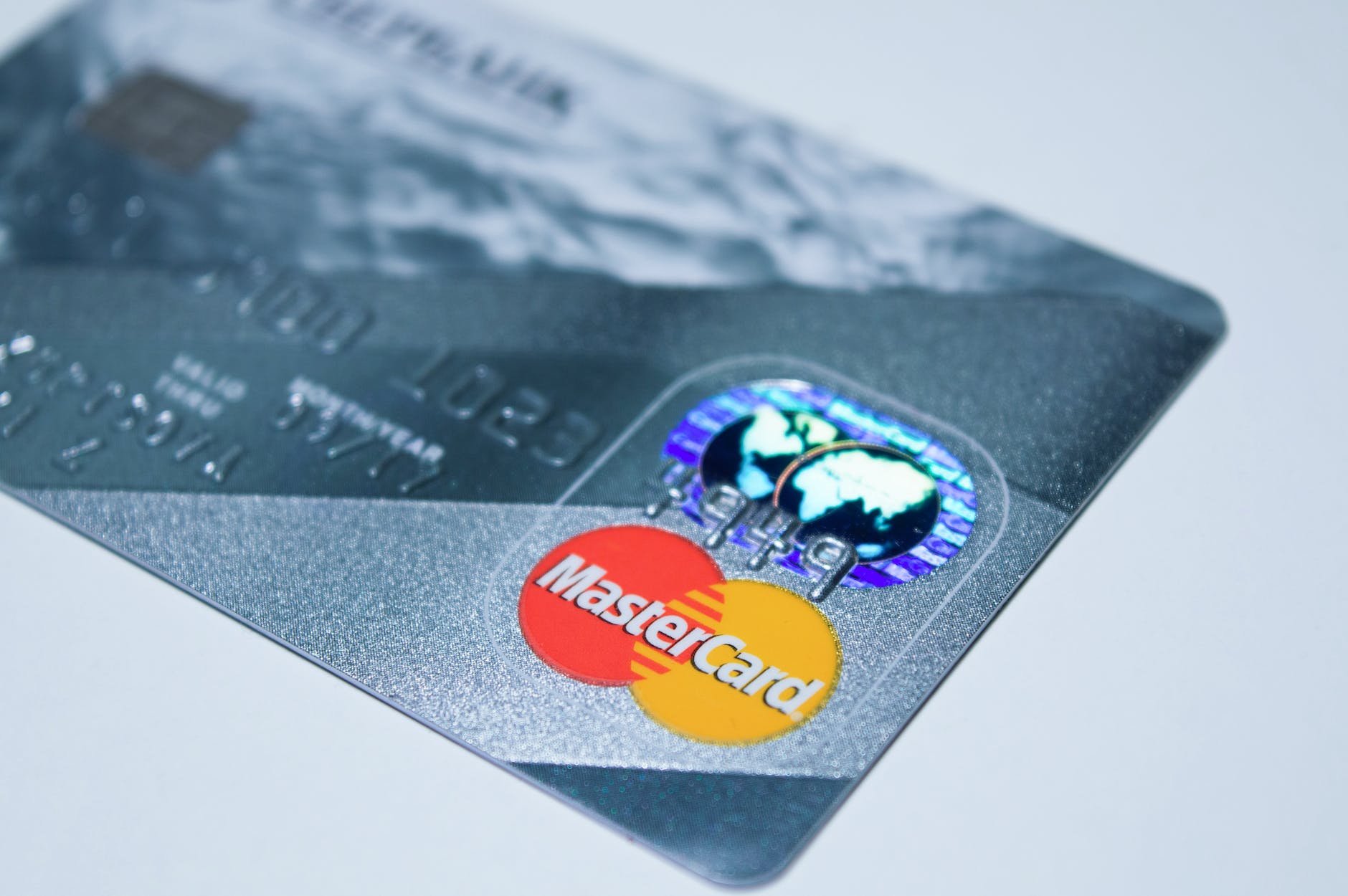Baby Steps To Financial Stability And Paying Off Debt
Baby Steps To Financial Stability And Paying Off Debt In Today’s Economic Environment

Baby steps are often associated with children as they attempt to walk and eventually run. But the phrase “Baby Steps” can also be used for the foundation and early beginnings for good financial habits.
Dave Ramsey well known financial commentator has outlined what he refers to as 7 baby steps. The 7 steps focuses on saving for emergencies, paying off all your debt for good and lastly building wealth. Now at the surface the 7 steps are great for an overall framework for sound financial habits.
However, I believe it may be out of touch with today’s economic environment. Ramsey’s aversion to credit, and focus on staying debt free is limited at best. In fact it could be detrimental financially for one very important reason. What’s the reason? Credit is the livelihood of our economic engine; without it our global economic engine grinds to a halt.
But if I am to provide criticism it is best to provide context. So for that reason I will begin with going through Dave Ramsey 7 Baby Steps. After, I will then focus on what would be a more beneficial baby step plan to paying off debt.
So What Are The Dave Ramsey Baby Steps?
Baby Step 1 consists of saving $1,000.00 dollars as a starter for and emergency fund.
Baby Step 2 leaps to paying off all the debt you have accumulated except your mortgage using the debt snowball method.
Baby Step 3 you will save 3 to 6 months expenses in a fully funded emergency fund.
Baby Step 4 consists of investing 15% of your household income in a retirement plan.
Baby Step 5 consists of you saving for your children’s educational needs in a college fund.
Baby Step 6 consists of paying off your mortgage earlier than the 30 year term typically allocated for mortgages.
Baby Step 7 is the final step in which you will build wealth and give to charities etc.
Now on the surface it seems to hard to argue with the 7 points outlined here. It is also worth repeating that the framework Dave Ramsey provides is an excellent framework for overall financial health.
But is it practical, and does it take consideration of the critical role credit and debt plays financially in our lives today?
I would argue no and let me explain why.
For starters employment for the masses is not readily available as it once was. Many are underemployed and rely on government assistance. This has only been exacerbated by the pandemic. The cost of living continues to rise exponentially forcing many to rely on credit to get by. Retirement has become a luxury relinquished to those who are already retired reaping the benefits. Credit is essential and debt is used to build wealth. We also live in the age where one could not live off a million dollars if put in a savings account. In addition mortgage rates are unprecedentedly low making one holding a fixed mortgage an asset.
There is much more but I believe I made my point.
So what is a better baby step plan and one that is more conducive to the world we live in today?
Baby Step A would consist of obtaining your credit report and having a sound picture of where you realistically stand financially. I would stress a spread sheet that consists of all your debt obligations and regular expenses.
Baby Step B would be securing stable employment one that is sustainable and geared for now and the future to come. This will consist of you obtaining certifications, re- education for careers either in trades such as electrical, plumbing, heating and air, or technical including influential promoting products or ideas.
Baby Step C Now with steps a and b secured; then start tackling your debt obligations with the intent of paying off the balances and keeping the accounts open.
If you have the discipline and financial where withal then either the debt snowball method or the debt avalanche method would be ideal strategies. I covered both of these methods in two previous articles entitled 4 Reasons The Snowball Method Is The Best Strategy For Paying Off Small And Medium Sized Credit Card Debt and The 3 Best Ways To Pay Off Multiple Credit Cards. I would recommend reading both of these articles.
Baby Step D: In the event your debt obligations are too much too handle, consider a reputable non profit credit agency for a debt management program. This plan will allow you to consolidate your debt obligations into one payment without a loan on a reduced interest rate. You will also be allowed to keep a credit card or two open for emergency purposes.
Baby Step E: With your employment and debt obligations on sound footing, saving would be the next step. Here is where you can take a page from Dave Ramsey’s play book and start with 1,000 dollars saved. You should strive eventually to accumulating one year of living expenses. Why one year? We do not live in the day and age where sustainable employment is easily obtained. It is not inconceivable for you to be out of work for a minimum of 6-9 months. Having a years worth of living expenses will be necessary to avoid heavy credit usage to maintain your lifestyle.
Baby Step F: Here is where you can begin to look at your mortgage. Not with the intent of paying it off but ensuring it is at the lowest interest rate possible. Low fixed interest rates are invaluable especially spread out over 30 years. Unless the world goes back to sound money than credit and debt is how we exist and it is not wise to use all your disposable income to pay off this obligation. Instead get your payment as low as possible by slightly increasing your payment amount over time, and have a line of credit on the property to use at the ready.
Baby Step G: At this point you could look at investment, retirement, and your kids future. Please make your plan for this dynamic and not fixed under old ideologies that may not exist 5 years from now let alone 30 years.
With these baby steps you are more poised for the world we live in today and are more equipped for the change of tomorrow.

-

 Credit Report Late Payment Removal2 years ago
Credit Report Late Payment Removal2 years agoCredit Report Late Payment Removal
-

 Credit Karma Hurts Credit Scores2 years ago
Credit Karma Hurts Credit Scores2 years agoDoes Credit Karma Actually Hurt Your Credit Score? FTC Cracks Down on Credit Karma!
-

 Ollo Credit Card Review2 years ago
Ollo Credit Card Review2 years agoOllo Credit Card- Quick Review On Why This Card Could Be Considered If You Had Credit Challenges
-

 Credit and Credit Approval5 months ago
Credit and Credit Approval5 months agoCredit and Credit Aproval – Why Debt to Income Ratio is More Important Than Ever!
-

 Debt Management Companies12 months ago
Debt Management Companies12 months agoCredit Card Crisis- What Is A Dbebt Management Program and the 5 Best Debt Management Companies!
-

 Tomo Credit2 years ago
Tomo Credit2 years agoWill Tomo Credit Make Credit Scores Obsolete? TomoCredit Review 2022
-

 Credit Cards & Car Loans3 years ago
Credit Cards & Car Loans3 years agoCredit Cards & Car Loans – Why A Credit Card Should Never Be Used For A Down Payment on a Car Loan !
-

 The 2 Worst Credit Cards2 years ago
The 2 Worst Credit Cards2 years agoCredit Card Traps – The 2 Worst Credit Cards To Build Credit or Own Merrick & Credit One
